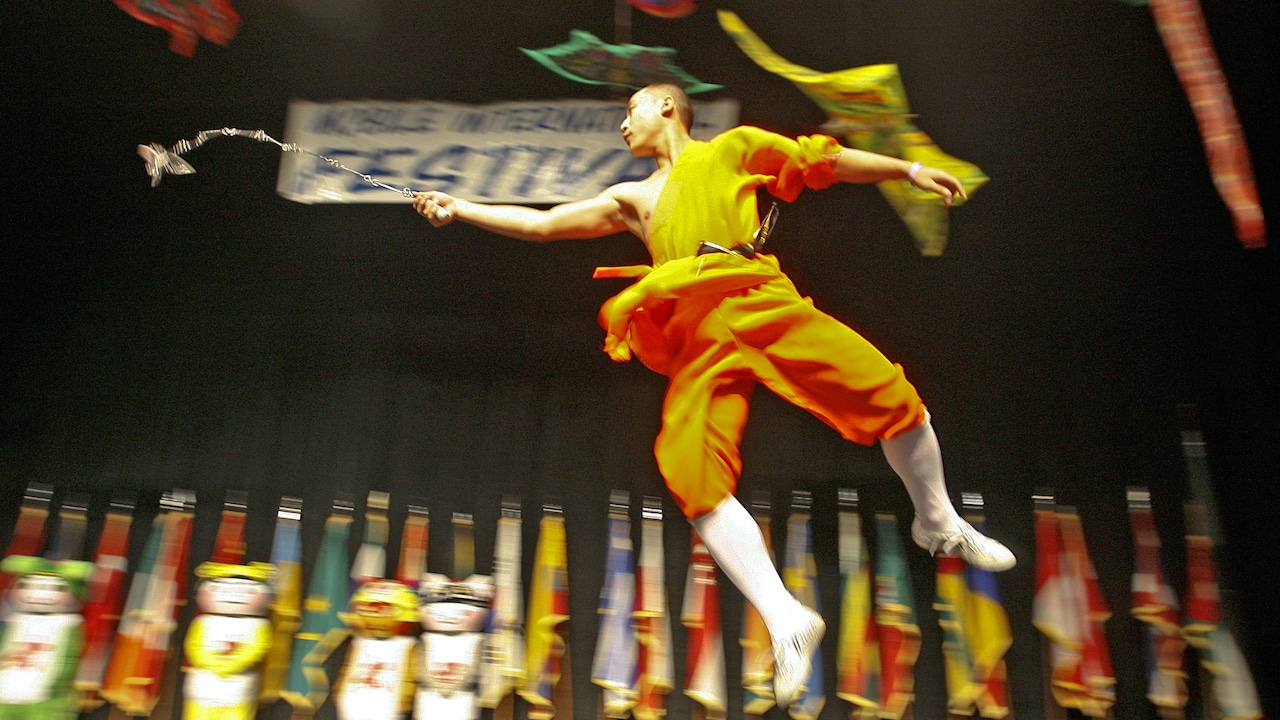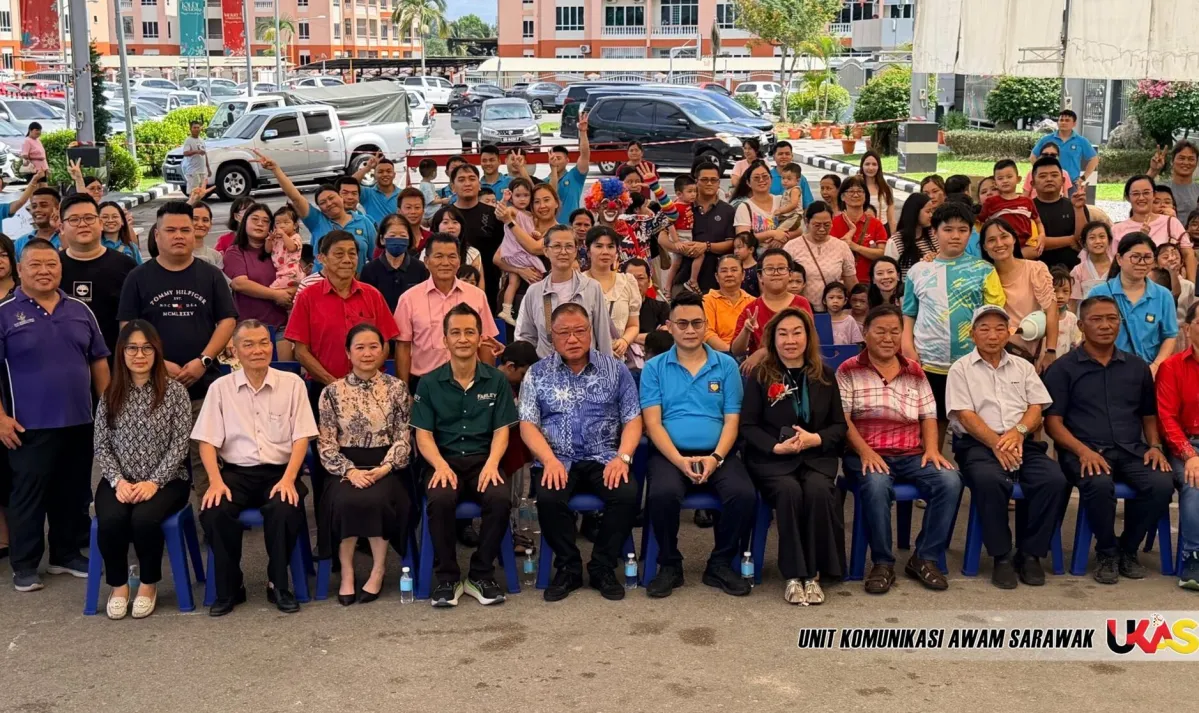Copyright AL.com

Rising Tides is an opinion column about Mobile. Today’s guest columnist is Ester de Aguiar. Each year, the Mobile International Festival transforms the Port City into a crossroads of the world; a place where you can taste food from South America and Asia within steps of each other, listen to Turkish and Celtic music, and watch children from a dozen cultures parade under the same banner of belonging. It’s a joyful event, of course, but it’s also something more profound: a reflection of Mobile’s own layered identity and a reminder that our city’s diversity is not a novelty, but part of its oldest story. When the festival began in 1983, its founders imagined a day when residents could share their heritage openly and proudly, an antidote to misunderstanding, a way to build friendship through food, music, and conversation. More than forty years later, that vision feels as necessary as ever. What started as a small gathering of cultural groups has evolved into one of Alabama’s most distinctive celebrations, drawing thousands of visitors and featuring dozens of nationalities represented by people who call Mobile home. But the festival’s real significance lies beyond the bright flags and the aroma of global cuisine. It lies in what those flags represent: The lived experiences of neighbors who contribute daily to Mobile’s schools, businesses, and the community. The people dancing in the cultural parade aren’t visitors dropped in for the weekend. They are nurses, teachers, engineers, restaurateurs, and students who have woven their roots into the fabric of local life. That’s what makes the Mobile International Festival different from the sort of “world’s fair” that simply displays cultures as curiosities. Instead, this event celebrates cultures that already shape who we are. The Vietnamese community that settled here after the war and revitalized local seafood industries. The Latin American families whose restaurants have reshaped our food scene. The Middle Eastern entrepreneurs who brought new flavors and new businesses. Each booth, each costume, each song tells a local story, as we are a “home grown” event. Mobile’s history, in fact, is international by birth. The city was founded by the French in 1702, passed to the British, then the Spanish, and finally the United States. Its port has long welcomed travelers, traders, and immigrants from around the world. Africans have shaped the region’s culture and cuisine in ways still felt today. Later, Greek, Lebanese, and Italian families established shops and groceries that became community fixtures. In other words, the Mobile International Festival doesn’t import diversity for a weekend, it highlights the global threads that have always run through the city’s story. For students, the festival is also an education beyond textbooks. Each year, school groups explore the exhibits and meet people who speak the languages they study or cook the foods they’ve only read about. For many young people, it’s their first encounter with a living, breathing sense of the world beyond Mobile. Family Day at this year’s festival will take place on Saturday, Nov. 22. From 10 a.m. to 4 p.m. it will again fill the Mobile Fairgrounds with music, dance, art, and food from dozens of nations. But organizers hope that visitors will see it not only as entertainment but as an invitation to learn, to connect, and to recognize the quiet, daily ways culture enriches our shared life. When you stop at a booth to sample a tamale or empanada, you’re not just tasting something new; you’re meeting the people who make Mobile what it is today. Of course, festivals alone can’t solve the challenges of cultural misunderstanding. But they can open the door. In a time when national conversations about immigration and identity can feel divisive, local celebrations like this one remind us that community begins with knowing one another. It’s hard to fear what you’ve come to understand. It’s hard to stereotype someone whose cooking you’ve tasted, whose music you’ve danced to, whose children go to school with yours. Perhaps that’s the festival’s quiet genius, it turns diplomacy into something delicious and joyful. It shows that global citizenship can begin at home, one plate and one conversation at a time. As Mobile continues to grow, the International Festival offers a vision worth holding onto: a city that celebrates our differences. A city that recognizes its strength in the stories and traditions its people bring. A city born to celebrate. So yes, come for the food. Come for the music. But stay for the deeper truth the Mobile International Festival embodies: That every community, no matter how local, is part of a wider world. That understanding one another is both a joy and a responsibility. And that in celebrating the world, we might rediscover what it means to belong right here at home. Ester de Aguiar is the director of the Mobile International Festival. For full information on the event, visit www.mobileinternationalfestival.org.



